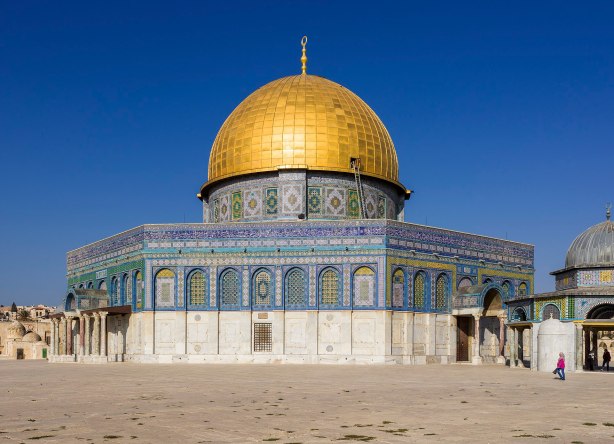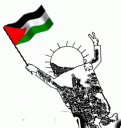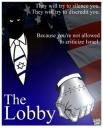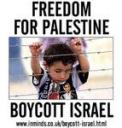
On the night of April 9, 1948, the Irgun Zvei Leumi surrounded the village of Deir Yasin, located on the outskirts of Jerusalem. After giving the sleeping residents a 15 minute warning to evacuated, Menachem Begin’s terrorists attacked the village of 700 people, killing 254 mostly old men, women and children and wounding 300 others. Begin’s terrorists tossed many of the bodies in the village well, and paraded 150 captured women and children through the Jewish sectors of Jerusalem.
“Deir Yassin massacre was not only necessary, but without it the state of Israel could not have emerged.” Menachem Begin

The Haganah and the Jewish Agency, which publicly denounced the atrocity after the details had become public several days later, did all they could to prevent the Red Cross from investigating the attack. It wasn’t until three days after the attack that the Zionist armies permitted Jacques de Reynier, chief representative of the International Committee of the Red Cross in Jerusalem, to visit the village by the surrounding Zionist armies.
Side note: Naeim Giladi wrote this book tell the American people, and especially American Jews, that Jews from Islamic lands did not emigrate willingly to Israel; that, to force them to leave, Jews killed Jews; and that, to buy time to confiscate ever more Arab lands, Jews on numerous occasions rejected genuine peace initiatives from their Arab neighbors. Buy the book!

Haganah terrorists expel Palestinian Arabs from Haifa, April 1948. (Agence France Presse)
Ironically, the Deir Yasin villagers had signed a non aggression pact with the leaders of the adjacent Jewish Quarter, Giv’at Shaul and had even refused military personnel from the Arab Liberation Army from using the village as a base.
“Behind the creation of Israel is a wound that after six decades continues to fester and refuses to heal… There is immense pressure in Western educational systems to teach the lessons of the Holocaust… Yet Holocaust lessons are rarely applied to the continued dehumanization of the Palestinian people.”
Eye Witness
Former Haganah officer, Col. Meir Pa’el, upon his retirement from the Israeli army in 1972, made the following public statement about Deir Yasin that was published by Yediot Ahronot (April 4, 1972):
“In the exchange that followed four [Irgun] men were killed and a dozen were wounded … by noon time the battle was over and the shooting had ceased. Although there was calm, the village had not yet surrendered. The Irgun and LEHI men came out of hiding and began to `clean’ the houses. They shot whoever they saw, women and children included, the commanders did not try to stop the massacre …. I pleaded with the commander to order his men to cease fire, but to no avail. In the meantime, 25 Arabs had been loaded on a truck and driven through Mahne Yehuda and Zichron Yousef (like prisoners in a Roman `March of Triumph’). At the end of the drive, they were taken to the quarry between Deir Yasin and Giv’at Shaul, and murdered in cold blood … The commanders also declined when asked to take their men and bury the 254 Arab bodies. This unpleasant task was performed by two Gadna units brought to the village from Jerusalem.”
Zvi Ankori, who commanded the Haganah unit that occupied Deir Yasin after the massacre, gave this statement in 1982 about the massacre, published by Davar on April 9, 1982:
“I went into 6 to 7 houses. I saw cut off genitalia and women’s crushed stomaches. According to the shooting signs on the bodies, it was direct murder.”
Dov Joseph, one time Governor of the Israel sector of Jerusalem and later Minister of Justice, called the Deir Yassin massacre “deliberate and unprovoked attack.”
Arnold Toynbee described it as comparable to crimes committed against the Jews by Nazis.
Menachem Beigin said “The massacre was not only justified, but there would not have been a state of Israel without the victory at Deir Yassin.” Unashamed of their deed and unaffected by world condemnation, the Zionist forces, using loud-speakers, roamed the streets of cities warning Arab inhabitants “The Jericho road is still open,” they told Jerusalem Arabs “Fly from Jerusalem before you are killed, like those in Deir Yassin.”
And while Israeli Zionists prepare to celebrate 60 years of what they call “independence,” the truth is they will be celebrating:
independence from the Human Race.
Sources:














